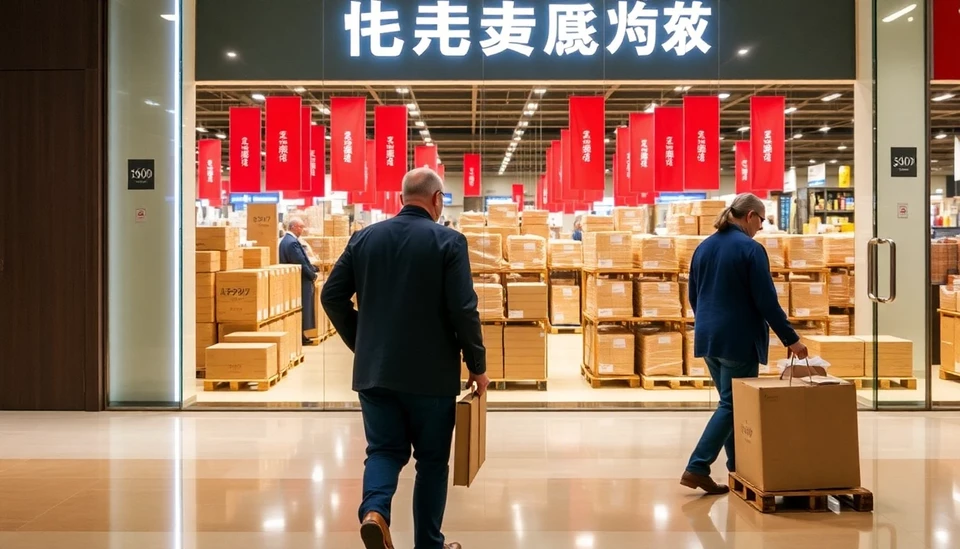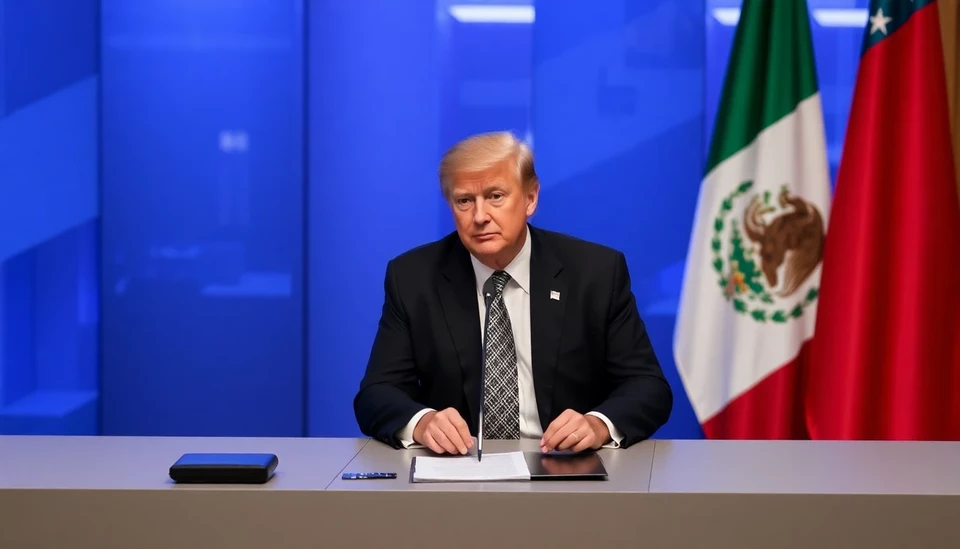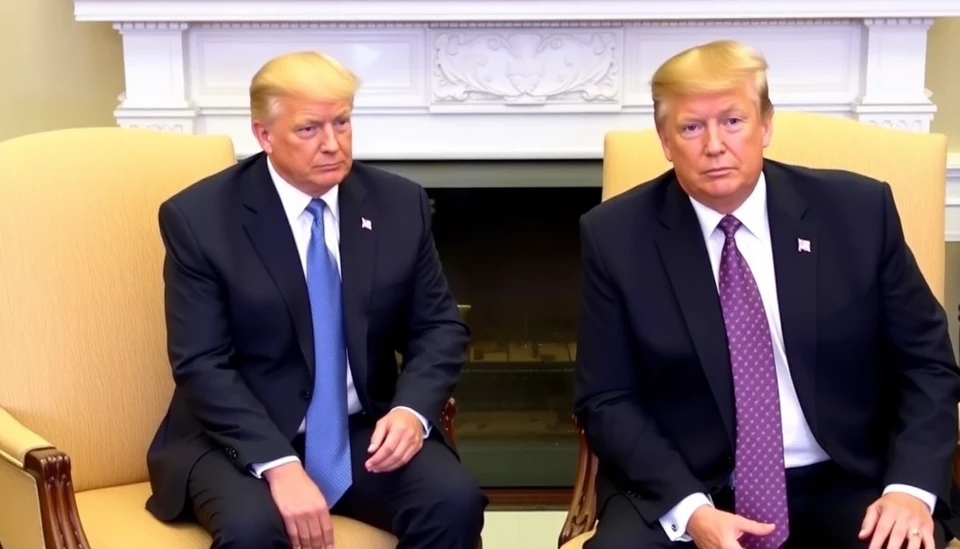
In a significant development that could impact the global fashion retail landscape, China has called on Shein, the prominent fast-fashion e-commerce platform, to halt its plan to shift its supply chain operations out of the country. The request comes in response to the increasing tariffs imposed on Chinese goods by various countries, which have raised concerns about the sustainability of the Chinese manufacturing sector and its pivotal role in Shein's business model.
The call from Chinese authorities appears to be part of a broader strategy to reinforce the country’s dominance in global manufacturing. Recognized for its price competitiveness and supply chain efficiency, China is keen on retaining companies like Shein, which has gained immense popularity for its trendy, affordable clothing. Any significant move away from Chinese manufacturing could threaten not only local jobs but also disrupt an intricate supply chain system that has been cultivated over decades.
Market analysts note that Shein’s initial decision to explore manufacturing options outside of China, responding to international pressures and rising costs, showcases the delicate balance between operational flexibility and geopolitical realities. The ongoing trade tensions and tariff implications have put a strain on Chinese exports, making it more challenging for companies reliant on cost-effective manufacturing solutions.
Industry experts suggest that Shein's core strategy has always involved leveraging China’s manufacturing capabilities to maintain its edge in fast-moving consumer fashion markets. According to insiders, Shein's leadership is currently weighing the long-term implications of shifting manufacturing capacities versus the short-term gains from diversifying its supply chain to avoid dependent risks.
The response from Chinese officials highlights the government's commitment to sustaining its economic growth and stabilizing employment in the face of external pressures. Officials are reportedly optimistic that they can address the concerns surrounding tariffs while preserving partnerships with major corporations such as Shein, which continues to thrive due to its innovative direct-to-consumer model.
As this situation unfolds, Shein faces a crucial decision that could redefine its supply chain dynamics, impacting its operational efficiency, pricing strategies, and ultimately, its competitive position in the global fashion industry. The company’s choices will not only affect its future trajectories but could also influence broader trends in the global marketplace, especially as brands adapt to an evolving regulatory landscape.
In light of the current climate, Shein’s ongoing discussions with Chinese manufacturers are expected to focus on ways to optimize production processes to mitigate potential costs associated with tariffs. An outcome that favors Chinese manufacturing would signal a strong message about the resilience of the country's textile industry amid global economic challenges.
As the dialogue between Shein and Chinese authorities continues, stakeholders across the fashion sector are closely monitoring developments, anticipating how this pivotal moment will reshape the retail environment in the coming years.
For now, the fashion industry watches and waits, aware that the decisions made today will reverberate through the fabric of global trade tomorrow.
#Shein #China #SupplyChain #Tariffs #FastFashion #GlobalTrade #Ecommerce
Author: Rachel Greene




